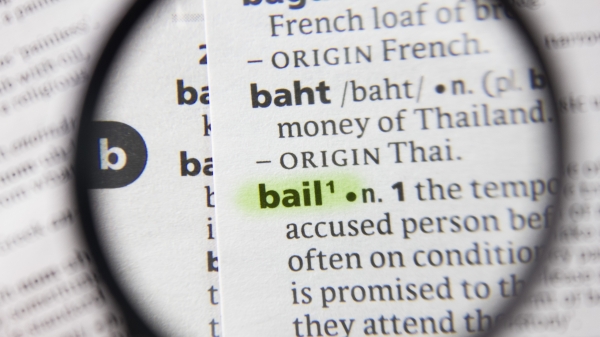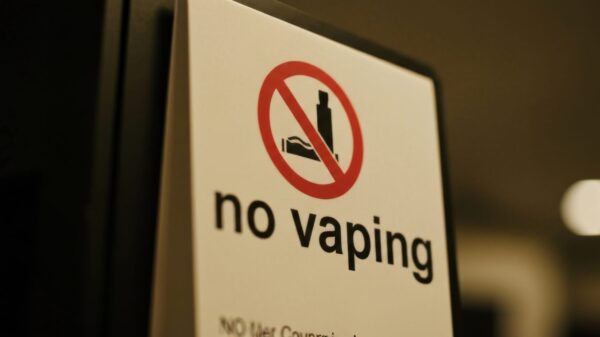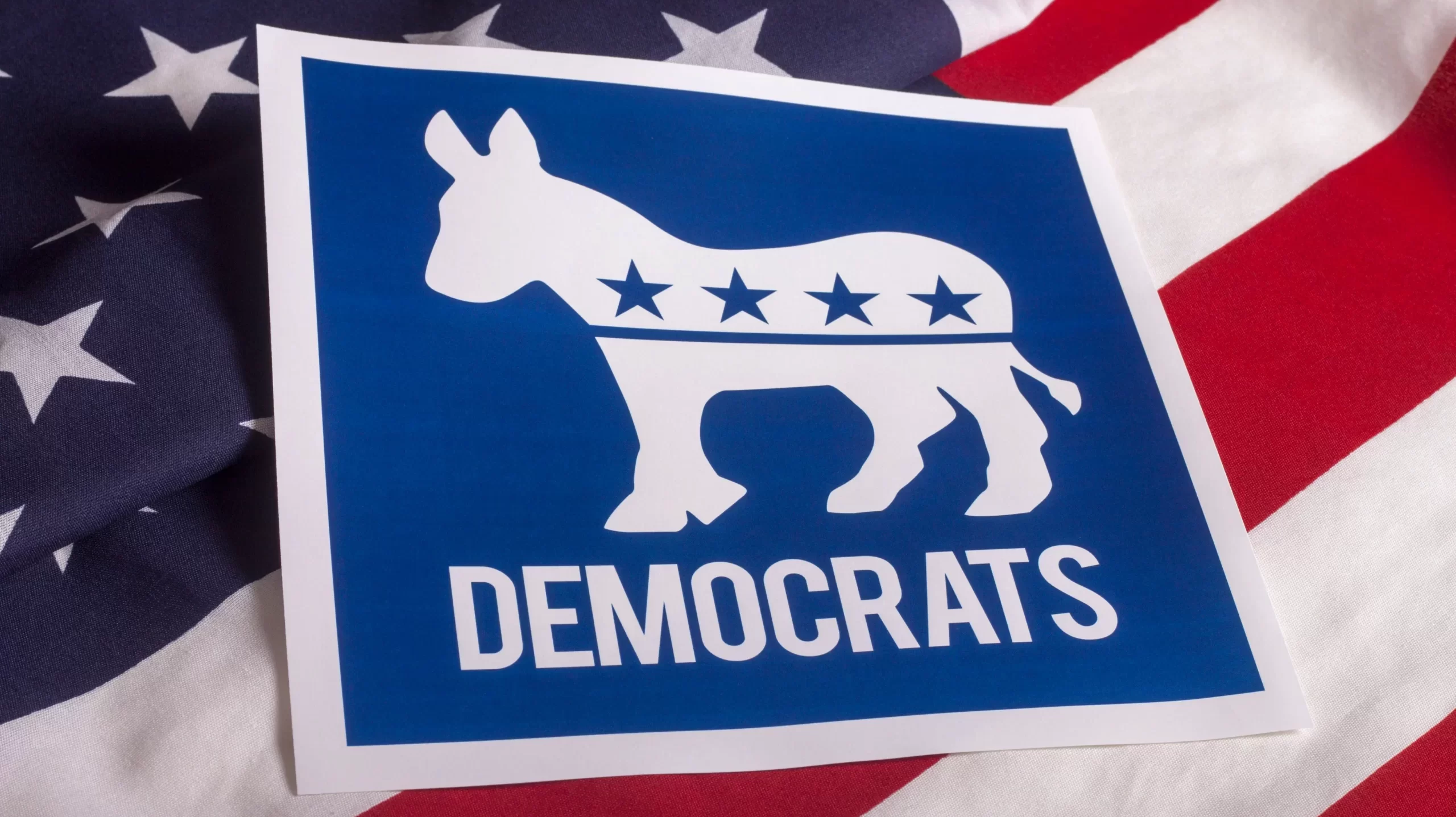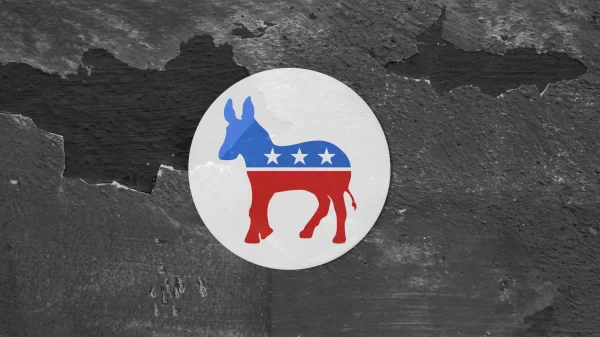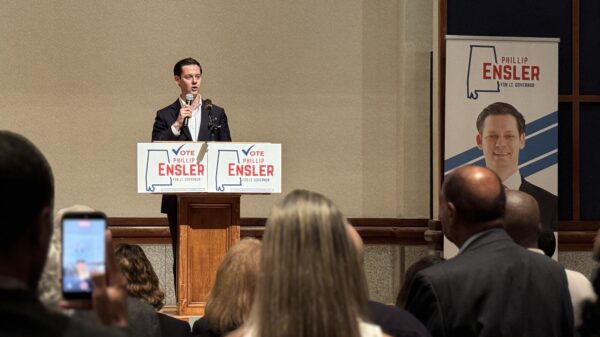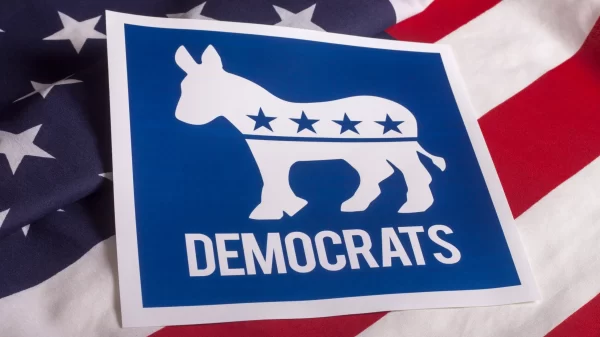The Democratic National Committee has taken issue with another Alabama Democratic Party election.
The DNC’s Credentials Committee last week passed a resolution to invalidate the election of two State Democratic Executive Committee members—Joe M. Reed and Donna Foster—due to irregularities in the election process and a failure to follow guidelines that adhere to national party bylaws. The resolution mandated that new elections be held, under DNC supervision, within the next 90 days.
“I have been a state party chair for 48 years. There are 57 state parties in the DNC, and do you know the one party that just keeps on coming back? Alabama,” said New Hampshire state chairman Raymond Buckley.
Members of the DNC’s executive committee berated ADP representatives for the better part of two hours, expressing frustration that the party and its leadership—led by chairman Randy Kelley and vice chairman Joe L. Reed, father of Joe M. Reed—for repeatedly failing to adhere to basic national party standards and failing to follow rules.
“We have gone beyond and beyond and beyond to give (ADP) a second chance, give it a second chance … for years,” Buckley said. “One would have thought that you would have said that we will make sure that there’s not a single questionable thing going on in this meeting. Instead, there’s a laundry list.
“The fact that the registered Democratic voters of Alabama cannot have faith that this party can run an election breaks my heart.”
At issue—as usual—is a long, tortured process of ADP leaders skirting rules, making things up and thoroughly infuriating DNC leadership as a handful of powerful people within ADP try to hold onto power. It began with an ADP election allegedly held in the summer of 2024, at which executive committee members supposedly voted to both elect new DNC members from Alabama and alter when such elections would be held. The problem, however, is that no one can even be sure those elections occurred.
ADP leadership issued notice of a meeting in June 2024, at which members would vote to alter bylaws and change the election of DNC members to the years coinciding with the national party’s convention. Such an election would have meant Caroline Self and Josh Coleman, who were each elected as DNC members from Alabama in 2020, would be challenged before their terms would have previously expired.
However, that meeting never happened because a quorum was not established. Instead, party leaders sent notice that it would be conducting the elections—and the vote to alter when such elections were held—by mail-in ballots. In August, ADP leaders announced the results of those elections.
Except, numerous executive committee members said they never received a ballot. Facing mounting criticism, ADP leaders called for a second election—this one to be held in person at a meeting in October 2024. However, that meeting, like the June meeting, failed to establish a quorum.
At that point, Kelley called a meeting of the executive board and determined that it should fill the “vacant” seats. The board voted to have Joe M. Reed, Donna Foster and Charlie Staten temporarily fill the three DNC member seats from Alabama. The party also sent notice that it intended to hold a full election in April to find permanent DNC members. The DNC’s Credentials Committee approved the three temporary members with the understanding that the April vote would take place.
However, according to the challenge filed by Colemand and Self, that election was nearly as flawed as the mail-in vote supposedly held in July 2024. Among the laundry list of issues referenced by Buckley, Kelley and ADP leaders failed to adequately ensure non-members were not voting in the election, failed to ensure that members were voting in their district and selectively enforced rules to allow some members to vote while kicking other members out of the meeting.
Kelley, however, pushed back on the entire narrative, saying that the multiple challenges were not due to actual and repeated issues, but were instead the result of sour grapes.
“A lot of these challenges are from disgruntled people who legitimately lost the elections,” Kelley told the committee. “We followed all of the mandates of the DNC. You couldn’t have had an election that was more transparent and fair than that election was.”
Kelley also spent time taking shots at Ralph Young, who represented Self and Coleman. Kelley called Young a disgruntled former employee who was “crying like a baby,” and told committee members that if they continued to listen to him then ADP would forever be at odds with the DNC.
The Committee did listen, however, and new elections must be held, under DNC supervision, within the next three months.













